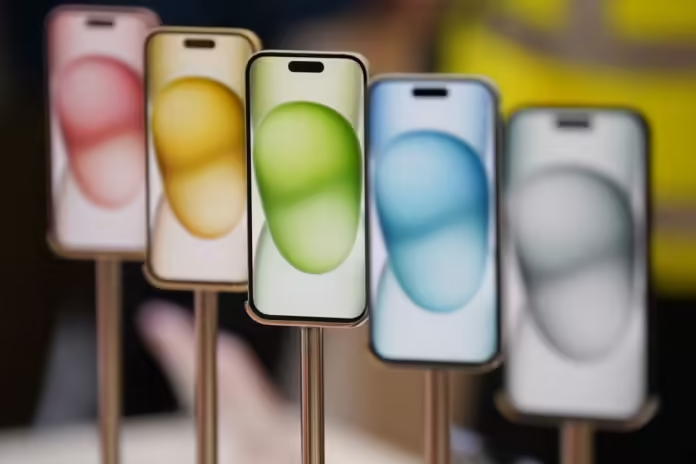Apple is set to reveal a host of artificial intelligence features in a couple of weeks.
The company is widely perceived to have missed out on the rise of recent artificial intelligence features, with investors and commentators suggesting that it is at risk of losing out. Apple executives have argued however that the company has included a range of AI hardware and software tools in recent releases – even if they have not always been marketed that way.
Now the company is planning to reveal a host of new technologies at its Worldwide Developers Conference, on 10 June. That will include generative AI tools that it has largely avoided until now.
Many of those features could come to Siri, in an attempt to improve the built-in voice assistant.
Some of those updates will include services to auto-summarize notifications from the iPhone, giving a quick summary of news articles and transcribing voice memos, according to Bloomberg. It could also include new features for photo editing that are based on artificial intelligence.
Apple has also long been rumoured to be working on a new chatbot in partnership with other companies, which might include a tie-up with ChatGPT creators OpenAI. Apple has been cautious about such technologies because of a run of high-profile mistakes with generative AI, and so has preferred to work with other outside companies.
Apple has been looking to work with both OpenAI and Google to integrate their AI tools, Bloomberg reported.
All of those updates are likely to be released with iOS 18, the next major update to the iPhone. That will be unveiled at Apple’s WWDC event, made available to developers soon after that, and released to the public soon before the launch of new iPhones in September.
Earlier this month, Apple released new iPads, including a Pro model that includes an M4 chip that Apple explicitly marketed with a view to artificial intelligence. It also pointed to the fact that it had included AI-focused hardware in its devices for years.
But the iPad and other Apple devices are largely lacking major features to make use of that AI power. Apple has included artificial intelligence tools in its iPhones for years – though it has largely referred to them as being powered by machine learning, and focused on their results rather than the technology – but has received criticism for failing to push them in the same way that competitors such as Google have done.




